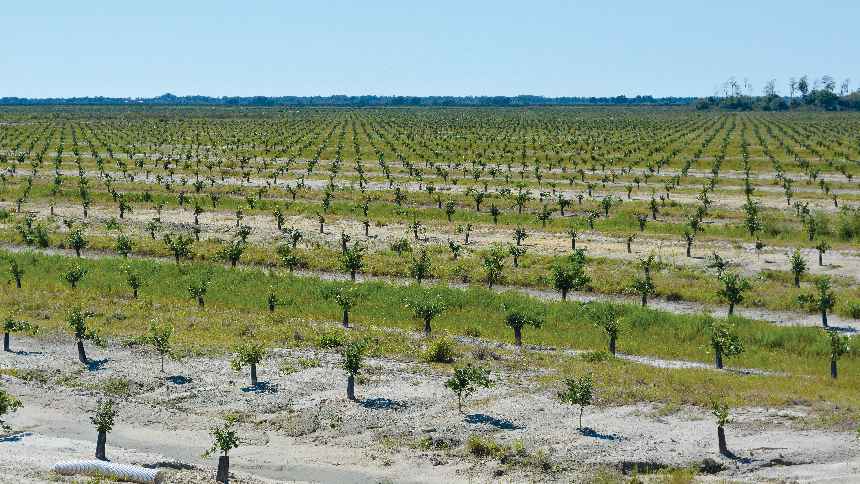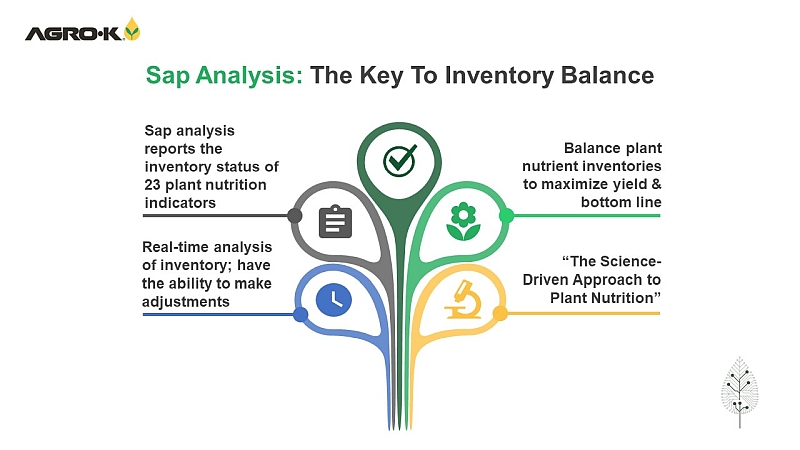Florida Citrus Associations Pushing an Optimistic Agenda

Photo by Frank Giles
To get a true health check of the Florida citrus industry, we reached out to the state’s four grower associations. The two questions we were most interested in knowing were: 1. How have your members’ groves bounced back after Hurricane Irma?; and 2. What are some of your top priorities for the new year?
Here is what each association leader had to say.
Steve Smith, Gulf Citrus Growers Association:

Steve Smith
“The color in our groves look good and the crop is improved over last year. However, our area got hit hard by the hurricane with a lot of trees blown over that will need to be replaced. As long as the market holds up, there is room for optimism. Last season was difficult, so our growers are ready to move forward.
“Water quality and supply is a top priority for our association. Our growers have a high participation rate in the best management practices program and a rep- utation for being good stewards of the land. Working with local legislators and agencies to keep citrus and agriculture at the table with our message will be a top focus for our association.”
Ray Royce, Highlands County Citrus Growers Association:

Ray Royce
“In general, the citrus groves in Highlands County that are being cared for by progressive and serious growers look pretty darn good. Obviously, there were some scenarios where more serious tree damage or uprooting occurred, and those trees have been slower to respond. Most groves have a pretty good crop, albeit with smaller piece sizes for the most part. Most growers are cautiously optimistic about the crop on their trees right now, and with the hurricane relief dollars starting to move a bit, that has added to the sense of optimism. We have a lot of growers that are putting new trees in the ground and that is the ultimate sign of optimism.
“Our association, which is very locally focused, will continue to work with the local and regional governmental entities that we have established good relationships with in order to foster the best possible agricultural business environment for growers to operate within.”
Doug Bournique, Indian River Citrus League:

Doug Bournique
“Generally, the groves in the Indian River region have rebounded, along with the crop after the storm. But, fruit sizes will be small this season and growers continue to deal with other challenges.
“The scientists at USDA and UF/IFAS continue to get closer to figuring out this complex puzzle of HLB, especially with orange varieties. The League is engaged in a very large proposal that will test the most resistant grapefruit scions and rootstocks available in 30, 10-acre trial sites located throughout the state. These sites will hopefully produce the new, resistant varieties of the future.”
Kait Shaw, Peace River Valley Citrus Growers Association:

Kait Shaw
“While our groves are not as good and thriving as they were before Hurricane Irma, the trees are looking better and better each day. Many growers have reported that their Hamlins are much smaller than they would like them to be. But the growers within the Valley are hopeful for a good recovery after the destruction of Irma.
“We are an advocate for the small citrus grower. Our mission is to protect, promote, and enhance the ability of our members to produce citrus profitability and efficiently. We prioritize the ability to educate our growers with every resource that we have within the citrus industry.”










